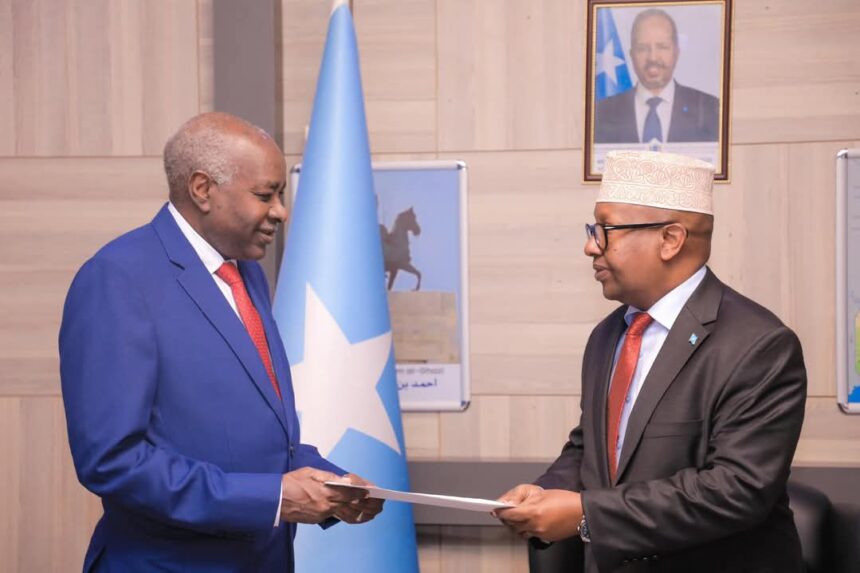Following the recent injection of foreign exchange sales to Bureaux De Change (BDCs), by the Central Bank of Nigeria’s (CBN), analysts have predict that the naira will stabilise around N1,500 in the second half of the year.
United Capital, in its Half-Year Economic Outlook titled, “Balancing Act: Nigeria’s Path to Economic Stability,” released over the weekend, stated; “The CBN will continue to intervene in the FX market; nevertheless, due to lack of confidence, hoarding, and speculation, the naira will remain weak for the remaining part of the year. Notably, due to CBN’s efforts at increasing FX inflows into the economy, curbing speculation and hoarding activities, we expect the naira to moderate at N1,500/$ in H2-2024.”
Furthermore, United Capital noted that external reserves might hover around $34 billion due to continuous FX injections. They added. “Foreign reserves will hover around $34bn+ for the remaining months of the year. However, due to the continuous defence of the naira by the CBN, foreign reserves may remain at current levels with the possibility of improving slightly as the government’s efforts to attract foreign inflows materialise.”
The CBN recently disclosed that it sold $106.50 million to 29 Authorised Dealer Banks (ADBs) between July 18 and 19, 2024, as part of efforts to improve supply in the foreign exchange (FX) market. The Director of Financial Markets Department, Dr. Omolara Omotunde Duke, confirmed in a statement that the CBN would continue to support various segments of the official markets with liquidity over the next few weeks.
She added that the CBN would closely monitor compliance with existing trading rules and regulations by authorised dealer banks to promote ethical conduct and support the drive to achieve stability in the foreign exchange market.
Duke also mentioned that the bank had commenced regular sales of FX through ADBs and licensed Bureaux De Change (BDCs) in line with its price stability mandate and commitment to ensure a well-functioning and liquid market.
In its outlook, United Capital noted that despite the 2.98 per cent growth recorded in Q1-2024, the economy is expected to record marginal growth in the remaining quarters of the year. “We expect government initiatives to positively bolster productivity in the economy. Consequently, we align with IMF’s 2024 full-year growth projection of 3.3 per cent.”
The report also highlighted that the government would continue to borrow to finance its 2024 budget due to low revenues.
“Government will continue to borrow to finance its 2024 budget. This is because government’s revenues are low, and the 2024 budget can only be financed through borrowings. Meanwhile, the government plans a supplementary budget of N7.24 trillion to finance the budget. Local borrowings will constitute a major portion of government’s debts.”
The report estimated headline inflation to settle at 27.5 per cent by December 2024, “assuming no significant shocks to domestic prices. We anticipate that prices may moderate in Q3-2024 due to the unwinding of statistical base effects and the primary harvest season in late Q3-24 and early Q4-24. However, risks to consumer prices remain on the upside, including potential below-average harvests, minimum wage increases, and FX volatility.”
The report predicts that the Monetary Policy Committee (MPC) may maintain the interest rate at current levels throughout H2-24. However, there could be a first interest rate cut in March 2025 as prices of goods and services taper modestly. Headline inflation is not expected to meet the CBN’s 21.4 per cent target by December 2024.










